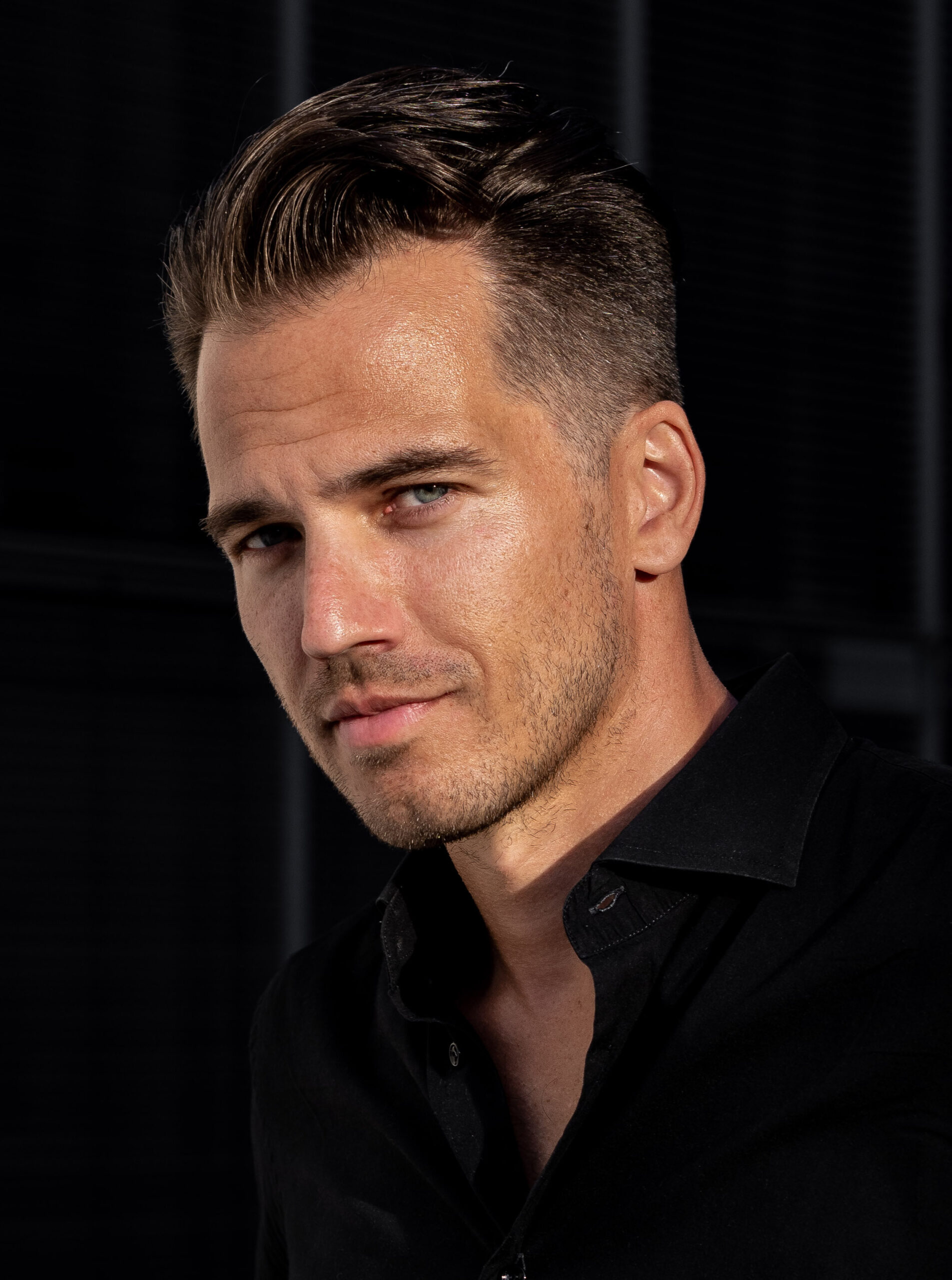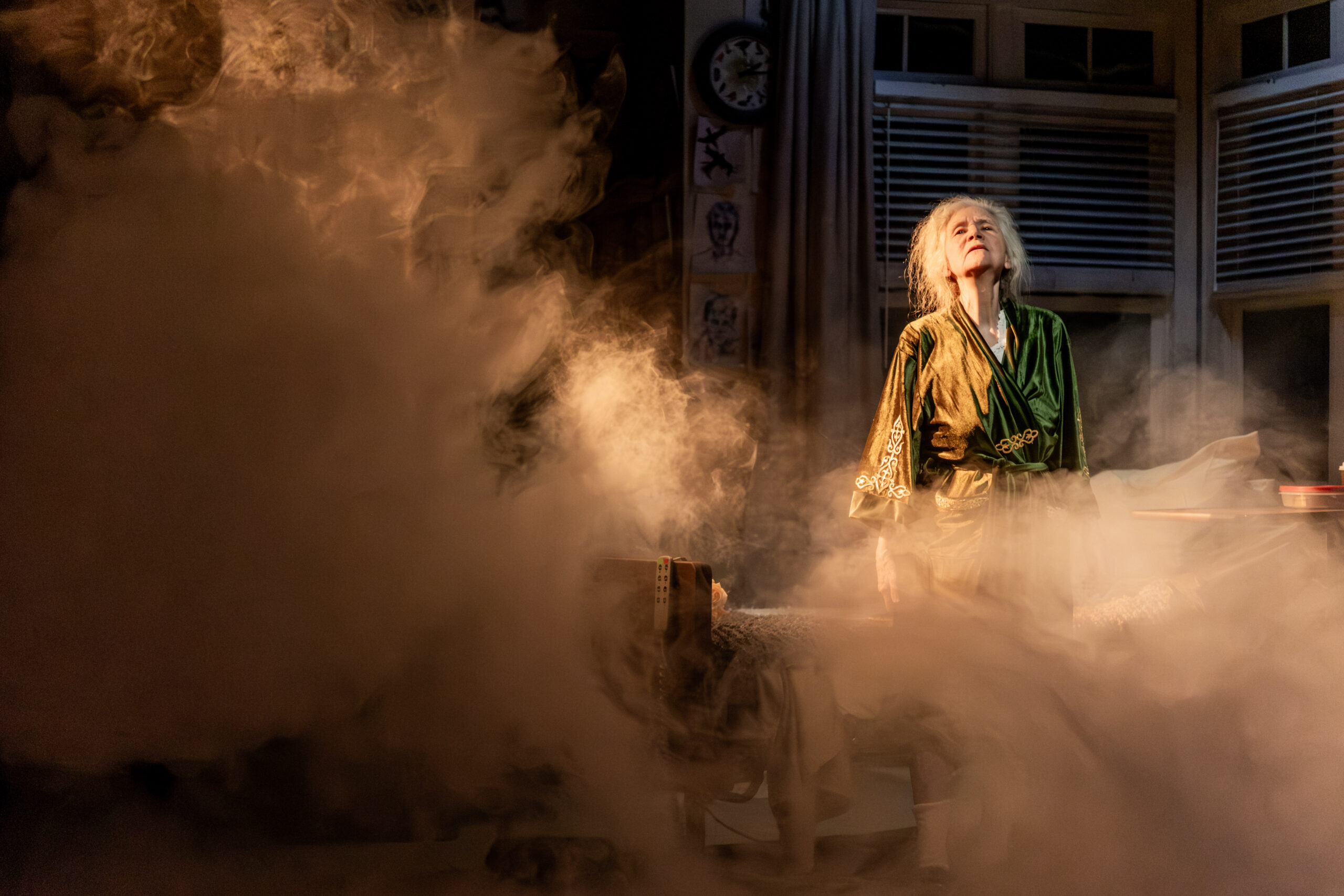
Douglas Williams
It’s a great gift of being human that we can relate to one another through shared stories.
What continues to speak to Douglas Williams about the art form of opera?
“Opera is about telling great stories, and I think storytelling is a basic part of being human. The operatic repertoire is so wide and varied that, with every piece, all the way back to Monteverdi in the early seventeenth century, you see universal human experiences revealed and elevated through this musical art form.”
In assuming the role of a character, Williams loves discovering how this person thinks and feels. As any artist espouses when playing a role: “There’s always going to be something of that character found somewhere in me.”
The dashing Williams holds a bachelor’s degree in vocal performance from the New England Conservatory of Music and a master’s degree from the Yale School of Music. After school, he spent two formative summers as a fellow of the Tanglewood Music Center and completed actor training with Shakespeare & Company, both in Lenox, Massachusetts.
From October 15-19, 2025, Williams will make his role debut in Toronto’s Opera Atelier’s production of Mozart’s The Magic Flute, playing the lovable Papageno.
Douglas has appeared in the title roles in The Marriage of Figaro and Don Giovanni, Neptune in Idomeneo, Antinoo in The Return of Ulysses, Lucifer in The Resurrection and the film Angel, Polyphemus in Acis and Galatea, all with Opera Atelier.
Recently, Douglas and I held an email conversation. His wish in singing the role of Papageno is to entertain and amuse the audience. The role offers numerous opportunities for physical comedy and playing directly to the crowd. Even though he’s the least human of all the characters, Papageno has very touching moments of basic human yearnings.
Williams has been a guest with Opera Atelier since 2017, when he sang the title role in The Marriage of Figaro. He has nothing but high praise for Marshall Pynkoski and Jeannette Lajeunesse-Zingg, the company’s co-Artistic Directors:
“Marshall and Jeannette have achieved something few directors or choreographers in opera can claim – they have created a signature style unmistakably unique to [Atelier]. Their work is informed by historical practice, but a bigger principle reigns: Engaging the audience through clear and beautiful storytelling.”
Through every challenge thrown at Marshall and Jeannette, especially the 2020 Covid-19 pandemic, they have fought to keep creating and keeping artists employed. For Douglas, that’s highly respectable and admirable.
Opera Atelier’s website gives a brief overview of The Magic Flute’s story. It’s an enchanting production of Prince Tamino and the charming birdman Pagageno on their thrilling quest to rescue Princess Pamina from the mysterious Queen of the Night. Along the journey, dragons and flying machines are brought to life. Atelier’s production is a joyous tribute to Mozart’s vision of an accessible, comic masterpiece. It’s a family-friendly opera.
Williams believes that opera speaks to a 21st-century audience. In a world of artificial material and digital entertainment, opera bucks the trend by being a live handicraft on an epic, large scale. At the opera, audiences encounter real training and skill, fine skill in singing without amplification, the playing of instruments in the orchestra, the design and construction of costumes and sets, the dancing, and the lighting. One’s senses will be engaged at the opera in a way that no other live medium can offer. But Douglas is also aware of the state of the arts in North America:
“Theatre and the arts everywhere are in trouble, even though we live in a wealthy society. On the whole, we seem to have lost sight of essential questions: What kind of society do we want to live in? Do we believe that live music, fine arts, and dance should have a fundamental presence in a healthy society, and not just an ornament or afterthought?”
Williams also makes an interesting comment about the leaders in our world who hold no arts education: “If those who rise to political power or amass great fortunes in business have no education in the arts and therefore no appreciation for it, the place of the arts in society deteriorates.”
Once The Magic Flute concludes its run at Toronto’s Elgin Theatre, what’s next for Douglas Williams?
He travels to Basel, Switzerland, for a concert performance with the Neues Orchester Basel of an unusual work: Bohuslav Martinů’s 1958 oratorio, The Epic of Gilgamesh. Douglas has never in his life heard of the piece. That’s what he loves about his career as an artist in opera: there is always more to learn in this world of music. He will also sing Messiah with the Houston Symphony, and Pelléas et Mélisande with Opera Atelier in 2026.
To learn more about Opera Atelier’s 2025-2026 season, and to purchase tickets for The Magic Flute, visit www.operaatelier.com.
Photo credit courtesy of Douglas Williams




